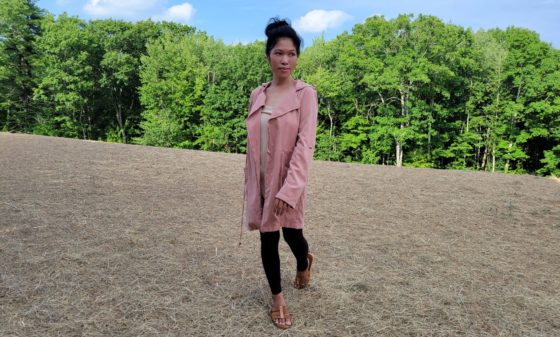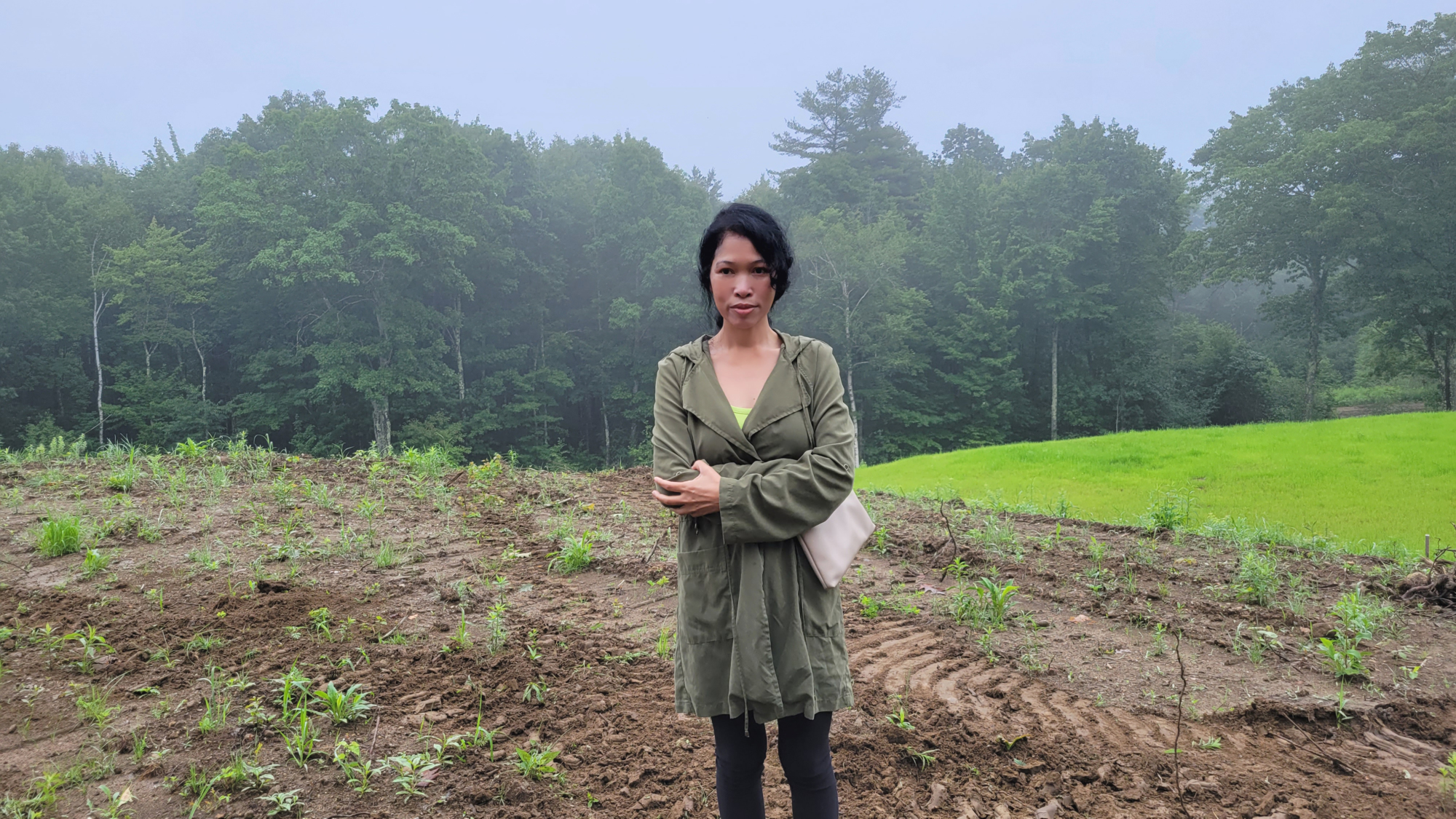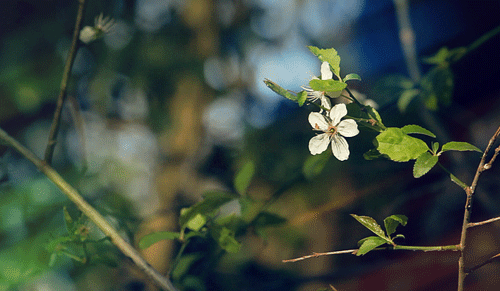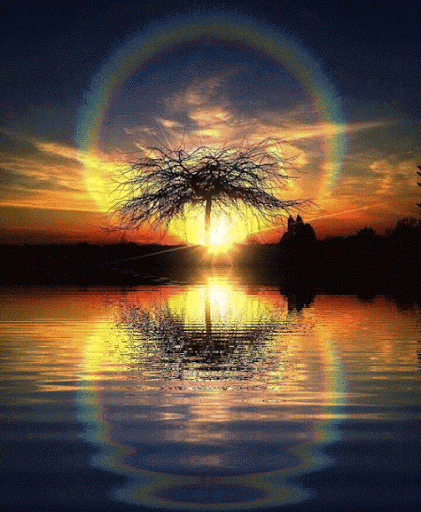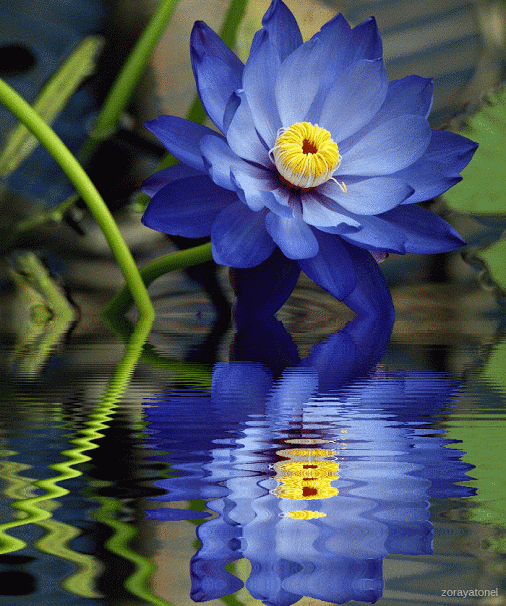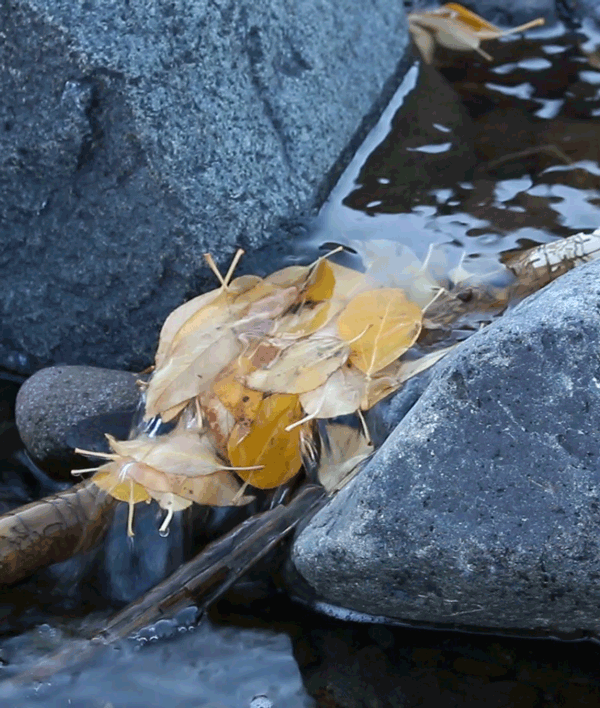-
Nature teaches more than she preaches 2 August 27, 2021 -
Quality of air that emanation from old trees 1 August 25, 2021It is not so much for its beauty that the forest makes a claim upon men’s hearts, as for that subtle something, that quality of air that emanation from old trees, that so wonderfully changes and renews a weary spirit. — Robert Louis Stevenson
To forget how to dig the earth and to tend the soil is to forget ourselves. — Mahatma Gandhi
-
Activity and delusions of samsara 1 June 10, 2021There’s no end to the activity and delusions of saṃsāra:
The more you do, the more they go on increasing,
Animosity and attachment strengthen all the while,
Creating the causes for your own downfall.Turn your mind, therefore, towards the Dharma.
If you can integrate the Dharma physically, verbally and mentally,
You have set out on the path to liberation and enlightenment,
And, at the moment of death, you will have no regrets.
In this and all your future lives,
You will go from one joy to the next.~ Jamyang Khyentse Chökyi Lodrö
-
The source of what we like or do not like Comment June 10, 2021It can be very difficult to accept that the source of what we like or do not like arises in our mind. When we get our heads stuck in the clouds – pretty clouds, ugly clouds – we cannot see that they are impermanent, that they have a life of their own, and that they will pass on, if we let them. ~ Mingyur Rinpoche
-
Watch the nature of mind 6 April 17, 2021So stay right here, you lucky people,
let go and be happy in the natural state.
Let your complicated life and everyday confusion alone
and out of quietude, doing nothing, watch the nature of mind.
This piece of advice is from the bottom of my heart:
fully engage in contemplation and understanding is born;
cherish nonattachment and delusion dissolves;
and forming no agenda at all reality dawns.
Whatever occurs, whatever it may be, that itself is the key,
and without stopping it or nourishing it, in an even flow,
freely resting, surrendering to ultimate contemplation,~ Longchenpa
-
Just as space is infinitely vast, so too is the number of sentient beings 1 April 14, 2021Just as space is infinitely vast, so too is the number of sentient beings. Yet we tend to think that the only relationships we have with other beings are the tiny number, comparatively, that we have at present. Wherever we live, we like a few people, dislike a few others, and ignore all the rest. Based on this prejudiced and very limited perception of others, we keep giving rise to attachment and aggression. Thus we accumulate karma, the driving force of samsara.
If we could see the endless sequence of lives we have led in the past, we would know that there is not a single being on earth who has not been our father or our mother, not only once but many times over. To return the love and great kindness they have shown us, we must cultivate love and compassion for all of them, as the great enlightened ones do. Above all, we should aspire from the depths of our heart to be able to bring them to perfect enlightenment, without leaving a single one of them behind. The merit arising from such an aspiration is in proportion to the number of beings, so the wish to liberate innumerable beings can engender an immeasurable amount of merit.
~ Dilgo Khyentse Rinpoche
-
Just let go and go where no mind goes 1 April 5, 2021All these forms—appearance emptiness
Like a rainbow with its shining glow
In the reaches of appearance emptiness
Just let go and go where no mind goesEvery sound is sound and emptiness
Like the sound of an echo’s roll
In the reaches of sound and emptiness
Just let go and nowhere no mind goesEvery feeling is bliss and emptiness
Way beyond what words can show
In the reaches of bliss and emptiness
Just let go and go where no mind goesAll awareness—awareness emptiness
Way beyond what thought can know
In the reaches of appearance emptiness
Let awareness go—oh, where no mind goes.– Khenpo Tsultrim Rinpoche
-
A genuine concern for the other person 1 April 5, 2021Shifting your concern from your own well-being to include a genuine concern for the other person can transform your relationships, and it can also transform you as a person. You can become a person who provides well-being to others, and who shoulders the burden for others, too. This is a very uncomplicated shift in outlook that can completely reorient your relationships. I think this outlook might yield the healthiest relationships of all. – 17th Karmapa
-
Life is a big array of assembled phenomena, and thus life is impermanent 3 March 17, 2021An appropriate question to ask a Buddhist is simply, “What is life?”
From our understanding of impermanence, the answer should be obvious: “Life is a big array of assembled phenomena, and thus life is impermanent.” It is a constant shifting, a collection of transitory experiences. And although myriad life-forms exist, one thing we all have in common is that no living being wishes to suffer. We all want to be happy, from presidents and billionaires to hardworking ants, bees, prawns, and butterflies. ~ Dzongsar Khyentse Rinpoche
-
Nothing ever goes away 3 March 5, 2021


